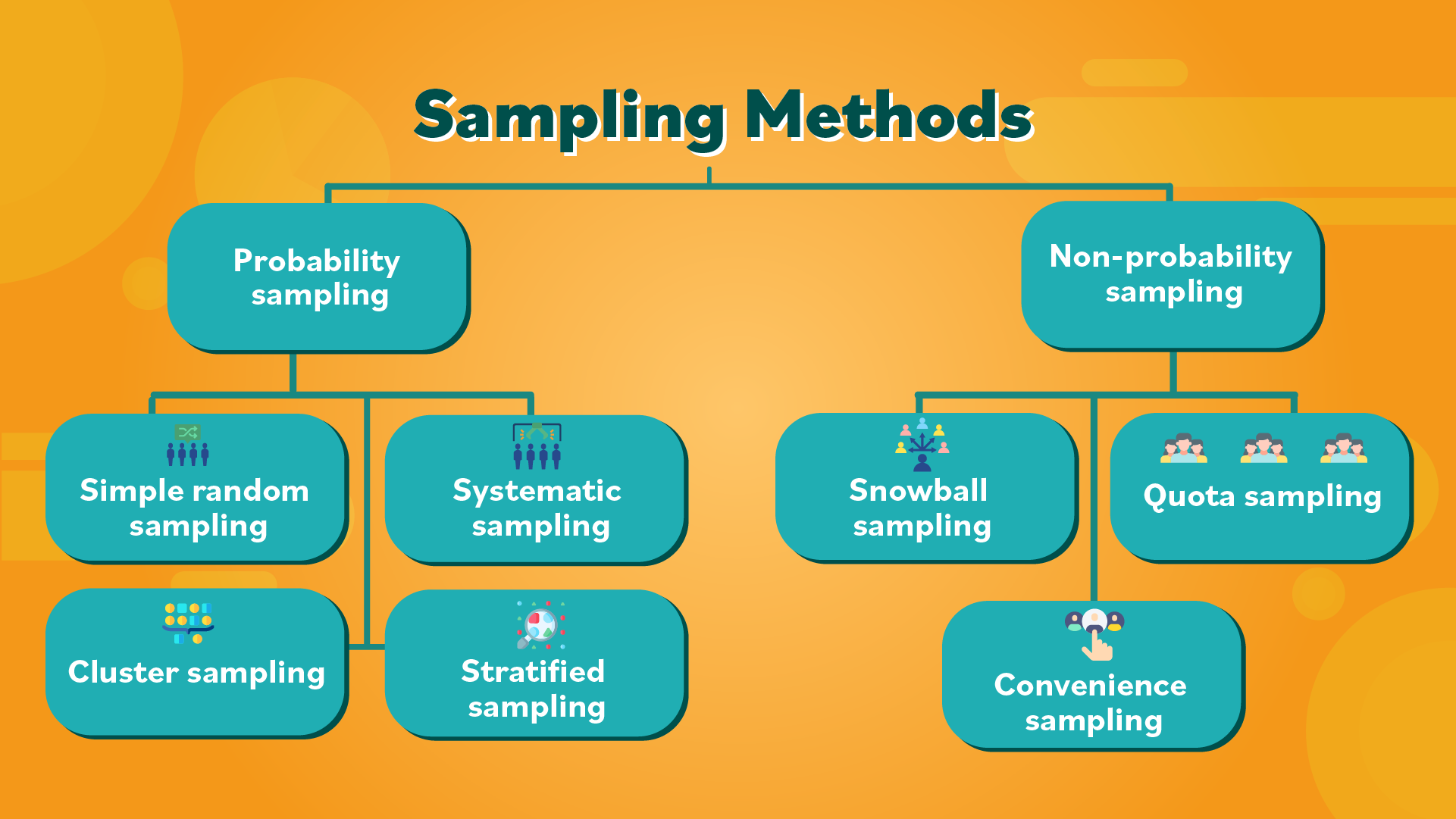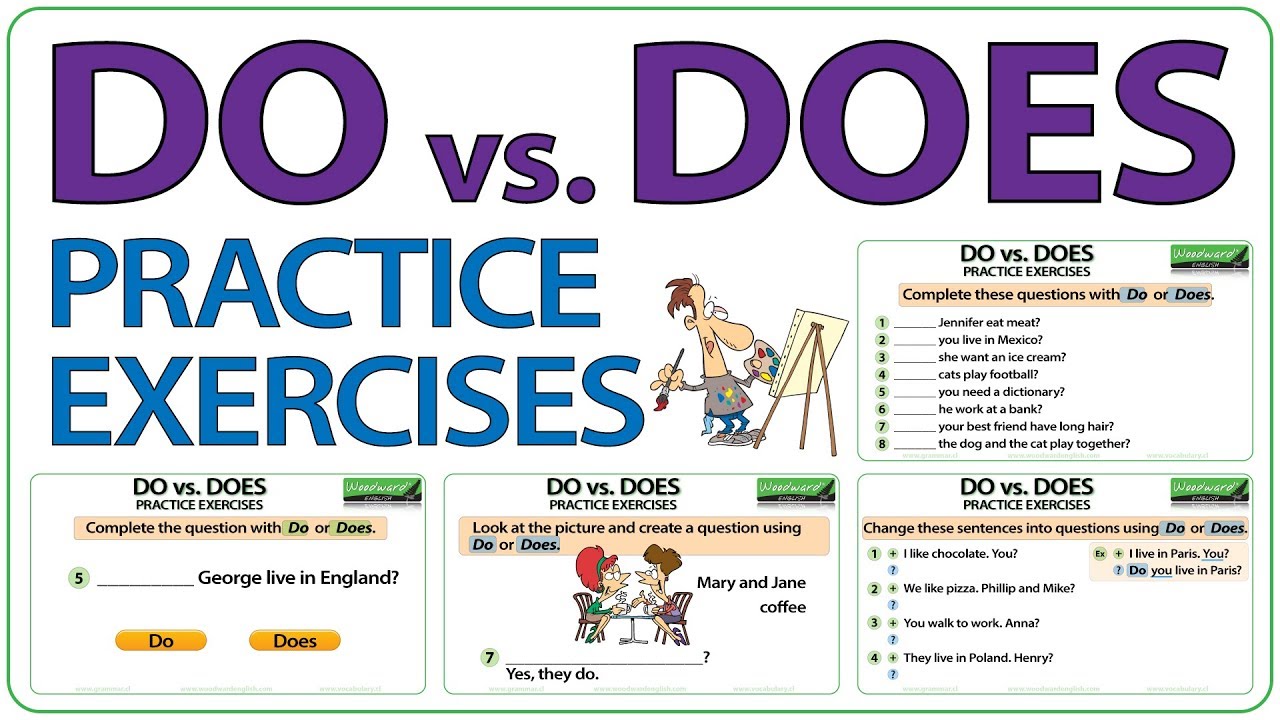Understanding Chemistry: The Central Science Bridging Disciplines
Introduction: The Role of a Central Science
In the vast landscape of scientific disciplines, certain fields serve as crucial bridges between others. Among these, chemistry is widely recognized as the central science, a designation reflecting its unique position at the crossroads of physical, life, and applied sciences. This article explores the reasons for chemistry’s central status, provides actionable pathways for engaging with the field, and offers guidance on leveraging its interdisciplinary potential for education and career development.
Why Chemistry Is Called the Central Science
Chemistry
is often called the central science because it connects the physical sciences (such as physics and mathematics) with the life sciences (including biology, medicine, and environmental science) and numerous applied sciences like engineering and pharmacology. This central role is not merely a rhetorical flourish; it is grounded in the way chemistry provides the tools, concepts, and frameworks necessary to understand matter and its transformations across scientific domains. The phrase “the central science” was popularized by Theodore L. Brown and H. Eugene LeMay in their influential textbook,
Chemistry: The Central Science
[1]
.
The Hierarchy of Sciences
Historically, thinkers like Auguste Comte classified sciences in a hierarchy: mathematics → astronomy → physics → chemistry → biology → social sciences. In this sequence, chemistry sits at a pivotal point, building on physical laws while providing foundational concepts for the life sciences. Chemistry’s ability to branch into numerous scientific directions-without being fully reducible to physics or biology-underscores its unique, integrative function [1] .
How Chemistry Bridges Other Sciences
The integrative power of chemistry emerges from its focus on the behavior and interaction of atoms and molecules, which are the basic building blocks shared across all matter. For example, understanding chemical bonding, thermodynamics, and reaction mechanisms is essential for:
- Designing pharmaceuticals in medical science
- Developing new materials in engineering
- Explaining biological processes such as metabolism and genetics
- Exploring environmental phenomena like pollution and climate change
This interconnectedness means that students and professionals in diverse scientific fields inevitably encounter chemistry as a foundational discipline.

Source: acsopenscience.org
Real-World Example: Pharmaceuticals
The development of new medications is a prime illustration of chemistry’s central role. Drug design relies on understanding molecular interactions, predicting reactivity, and synthesizing target compounds. Success in this arena requires collaboration between chemists, biologists, and medical researchers-demonstrating chemistry’s function as a linchpin in scientific innovation.
Educational Pathways in Chemistry
Given chemistry’s central importance, many educational programs emphasize a strong foundation in the subject for students pursuing science-related careers. If you are interested in exploring chemistry further, consider these steps:
- Start with Foundational Courses : Enroll in general chemistry courses at the high school or introductory college level. These courses cover basic concepts, laboratory techniques, and problem-solving skills.
- Explore Interdisciplinary Options : Look for programs that integrate chemistry with biology, physics, or engineering. Majors such as biochemistry, materials science, and environmental science often require robust chemistry training.
- Utilize Verified Educational Resources : Access open courseware and online lectures from accredited institutions. For example, MIT OpenCourseWare offers comprehensive chemistry materials. To find these, visit the official Massachusetts Institute of Technology’s OpenCourseWare website and search for ‘chemistry courses’.
- Engage in Laboratory Experience : Practical laboratory work is essential for mastering chemistry. Schools and community colleges typically offer lab-based classes, and internships or research assistantships provide hands-on experience.
- Connect with Professional Societies : Organizations like the American Chemical Society (ACS) provide resources, networking opportunities, and career guidance. Visit the official American Chemical Society website or search for ‘ACS membership benefits’ to learn more about joining and participating in their programs.
Practical Applications and Career Opportunities
Chemistry’s central position translates into a broad range of career opportunities. Chemists can work in industries including pharmaceuticals, energy, food science, environmental monitoring, and education. Interdisciplinary roles are increasingly common, requiring professionals who can apply chemical principles to solve complex problems in healthcare, technology, and sustainability.

Source: alchetron.com
How to Access Opportunities in Chemistry
If you are seeking to enter the field or advance your career, you may consider the following approaches:
- Search for entry-level laboratory technician positions through job boards like Indeed or LinkedIn, filtering results by ‘chemistry’ and your location.
- Contact local universities and inquire about open research assistant roles in chemistry departments.
- Explore internships by visiting the career services page of companies specializing in pharmaceuticals, energy, or materials science. For example, search for ‘internships in chemistry’ on the official career pages of leading chemical companies such as Dow, BASF, or DuPont.
- Attend local or virtual ACS chapter meetings to network with industry professionals and learn about potential job openings.
Be aware that some positions may require specific certifications or advanced degrees. Always review job descriptions carefully, and consider reaching out directly to employers’ human resources or academic advisors for further guidance.
Challenges and Solutions in Chemistry Education and Practice
Despite its centrality, chemistry can pose challenges for learners, including complex abstract concepts, mathematical rigor, and safety protocols in laboratory settings. To address these hurdles:
- Utilize Supplemental Learning Tools : Many students benefit from visual aids, interactive simulations, and study groups. Free online platforms, such as Khan Academy, offer tutorials and practice exercises. To access these, go to Khan Academy’s official website and search for ‘chemistry’.
- Seek Mentorship and Tutoring : Many schools have academic support centers or peer tutoring programs. Contact your institution’s student services or chemistry department for available resources.
- Adopt Active Learning Strategies : Practice solving problems, conduct experiments, and apply theoretical knowledge to real-world scenarios. This approach reinforces understanding and builds practical skills.
Alternative approaches include enrolling in interdisciplinary courses that blend chemistry with other sciences, or pursuing certifications in laboratory safety and analytical techniques to build specific competencies.
Key Takeaways and Next Steps
Chemistry’s status as the central science is rooted in its fundamental role connecting the building blocks of matter with the processes that define life and technology. Whether you are a student, educator, or professional, engaging with chemistry opens doors to a multitude of disciplines and career paths. To get started:
- Identify your interests-such as medicine, engineering, or environmental science-and explore how chemistry underpins these fields.
- Enroll in introductory and advanced chemistry courses, using official educational platforms and resources for study.
- Join professional organizations and attend seminars or workshops for networking and continued learning.
- Stay informed about recent developments in chemistry by following reputable journals and news from established scientific organizations.
- If you encounter barriers, seek out support services, online tutorials, or alternative learning pathways as described above.
By leveraging chemistry’s central position, you can develop a versatile scientific toolkit applicable to a wide array of intellectual challenges and professional opportunities.
References
MORE FROM couponito.com













